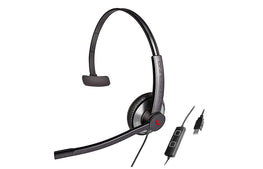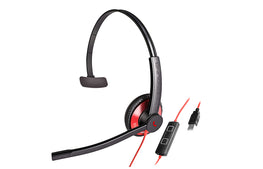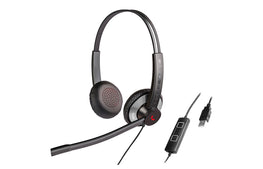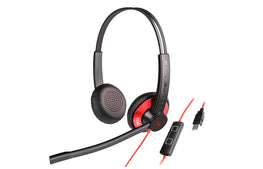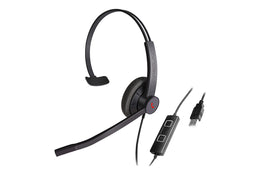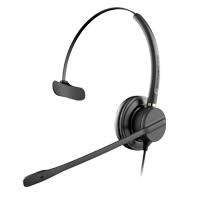
Is the keyboard an endangered species?
Huge advancements have been made in recent years in voice recognition technology, and developers only continue to make new breakthroughs.
This type of software is already help professionals working in fast-paced industries like healthcare or legal services improve their effectiveness at work. While voice recognition has come a long way, it is certainly not yet perfect.
Voice recognition software – like Dragon 13 – is capable of understanding and transcribing speech and is also able to carry out simple commands. However, two developers have recently announced improvements they have made to this technology so it will be both more accurate and ubiquitous in the future.
Improving conversational transcription
IBM Watson has announced they have made improvements to speech to text technology, allowing for much more accurate transcription of conversational speech. They claim to have developed a voice recognition system with the ability to better understand causal speech between more than one person.
The benchmark for this is how accurately a particular voice recognition software can understand telephone conversations. IBM's new system was able to produce transcriptions of these types conversations with much lower rates of error than previously.
Tests of the new software revealed only an eight per cent word error rate – this was an improvement of 36 per cent from previously reported results. Researchers at Cornell University were able to show the new technology by IBM is able to dramatically improve the level of accuracy and can more easily recognise the shift between voices.
IBM Watson noted that human performance in this test has a four per cent word rate error – they hoped to improve on that in the future.
More voice recognition in apps
Keyboards are becoming increasingly obsolete as tech companies develop technology that could embed voice recognition into almost any type of new application.
"Most of the new devices coming out in the next five years won't have keyboards," according to Tim Tuttle, founder and CEO of San Francisco-based Expect Labs. In an interview with business website Entrepreneur he spoke about making voice recognition software the standard for the development of new apps in the future.
Through products being developed by his firms, the role voice recognition played in our daily lives will include everything, including working, driving and entertainment.
Already this software is making significant improvements in specific industries choosing to adopt the technology. As voice recognition goes mainstream in society, companies risk being left behind if they do not consider how the technology can dramatically improve the way they do business.
The post Is the keyboard an endangered species? appeared first on Speech Recognition Blog.

